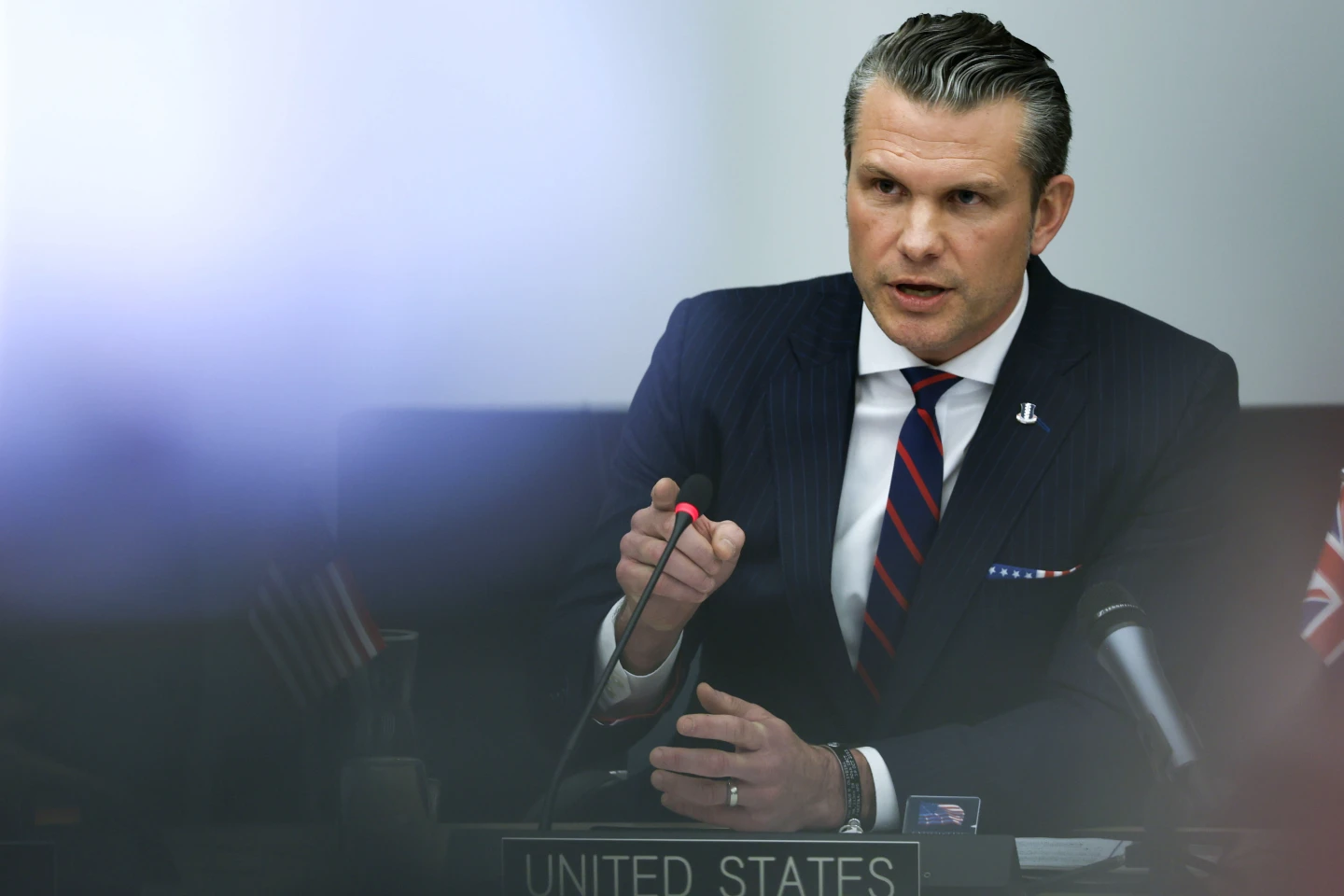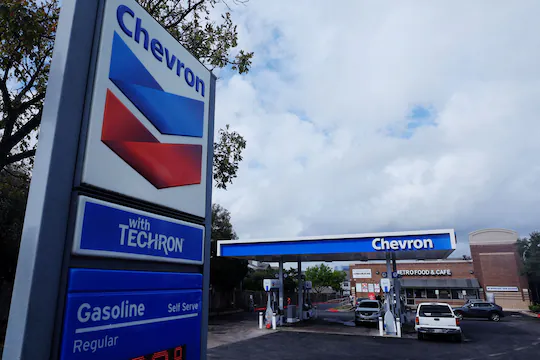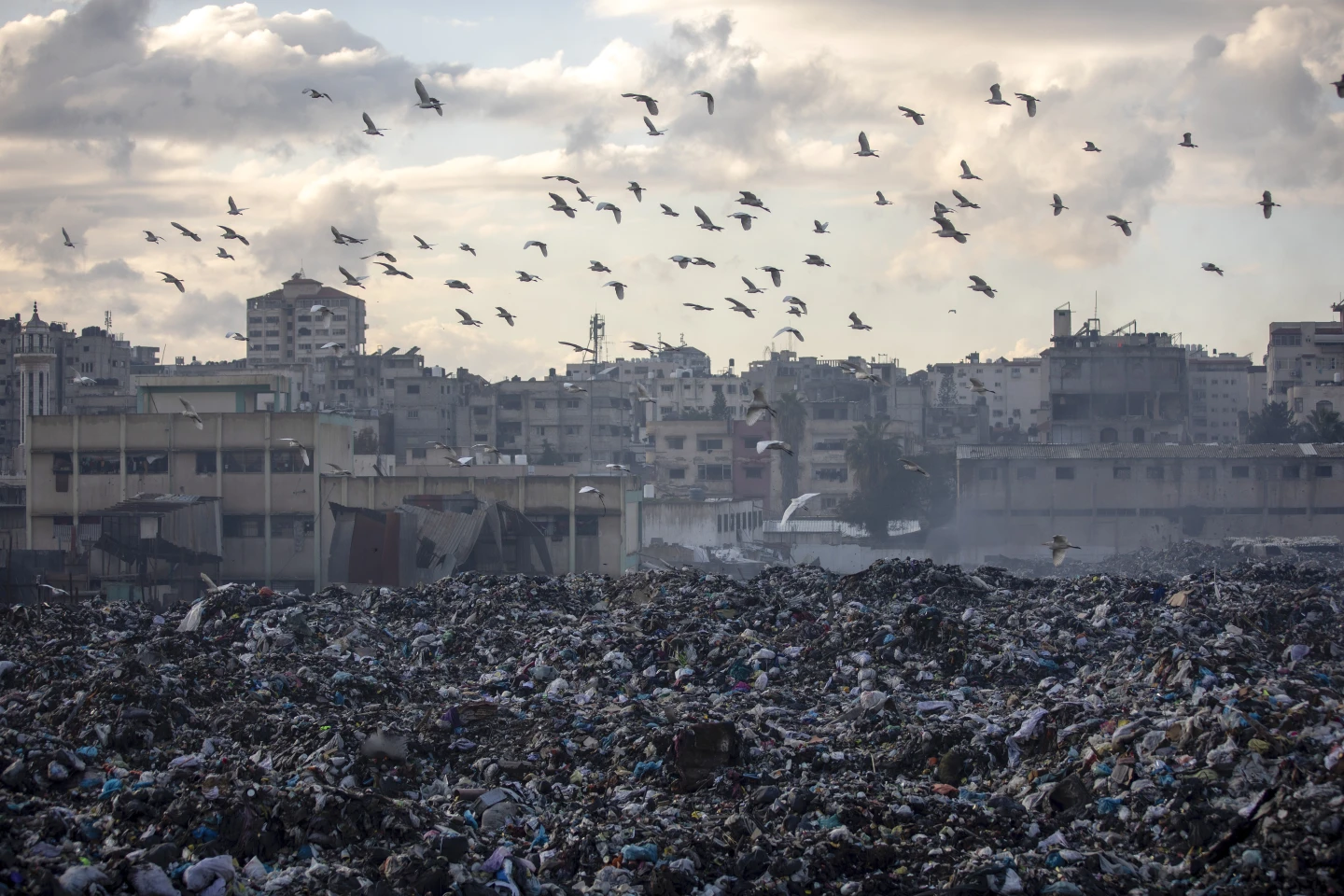US-South Africa Relations Sour as Rubio Skips G20 Over Land Expropriation Law
Tensions between the United States and South Africa have escalated, leading US Secretary of State Marco Rubio to announce he will boycott the upcoming Group of 20 (G20) foreign ministers’ meeting in Johannesburg, scheduled for February 20-21, Al Jazeera reports.
The move comes amidst a growing dispute over South Africa’s recent passage of legislation allowing for land expropriation without compensation under certain circumstances.
Rubio, echoing sentiments previously expressed by US President Donald Trump, criticized South Africa’s actions in a post on X. He accused the country of “expropriating private property” and using the G20 to promote agendas he characterized as “DEI and climate change.” Rubio said his priority was “to advance America’s national interests, not waste taxpayer money or coddle anti-Americanism.”
The controversy began after Trump accused the South African government, led by President Cyril Ramaphosa, of “confiscating land” and mistreating “certain classes of people.” This prompted a strong rebuttal from Pretoria.
President Ramaphosa defended the law, asserting that it is not a “confiscation instrument” but a “constitutionally mandated legal process” designed to ensure equitable access to land for all South Africans.
The legislation, signed into law last month, allows the government to seize land without compensation when deemed “just and equitable and in the public interest,” such as when property is unused or when an agreement with the owner cannot be reached. The African National Congress (ANC), Ramaphosa’s party, argues the law is necessary to address historical land ownership disparities rooted in the apartheid era.
Despite the passage of the law, the South African government has yet to expropriate any land under its provisions.
The Democratic Alliance (DA), the main opposition party in South Africa and a member of the ANC-led national unity government, has opposed the law. While warning about the potential negative impact on property rights and foreign investment, the DA expressed “deep concern” about Trump’s threat to cut aid, dismissing the notion that land can be seized “arbitrarily.”
Land ownership remains a deeply sensitive and polarizing issue in South Africa. While Black South Africans constitute over 80% of the population, they own only 4% of privately owned farmland, according to a 2017 government audit. White South Africans, descendants of British and Dutch settlers, hold approximately three-quarters of the land despite comprising just over 7% of the population.
Trump’s threat to cut funding to South Africa coincides with his administration placing a freeze on nearly all foreign assistance and putting most staff of the US Agency for International Development (USAID) on administrative leave. According to the most recent government data, Washington allocated approximately $440 million in assistance to South Africa in 2023.







